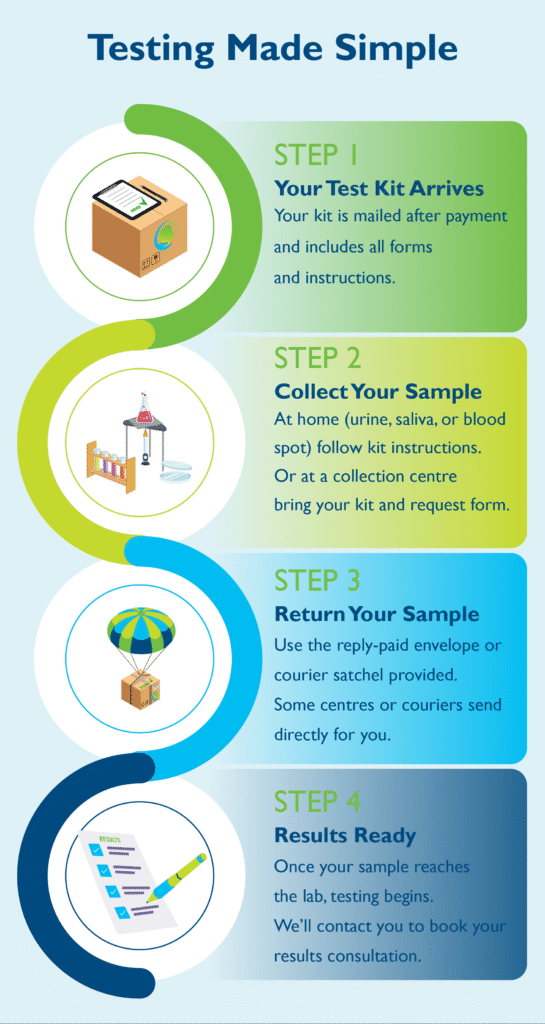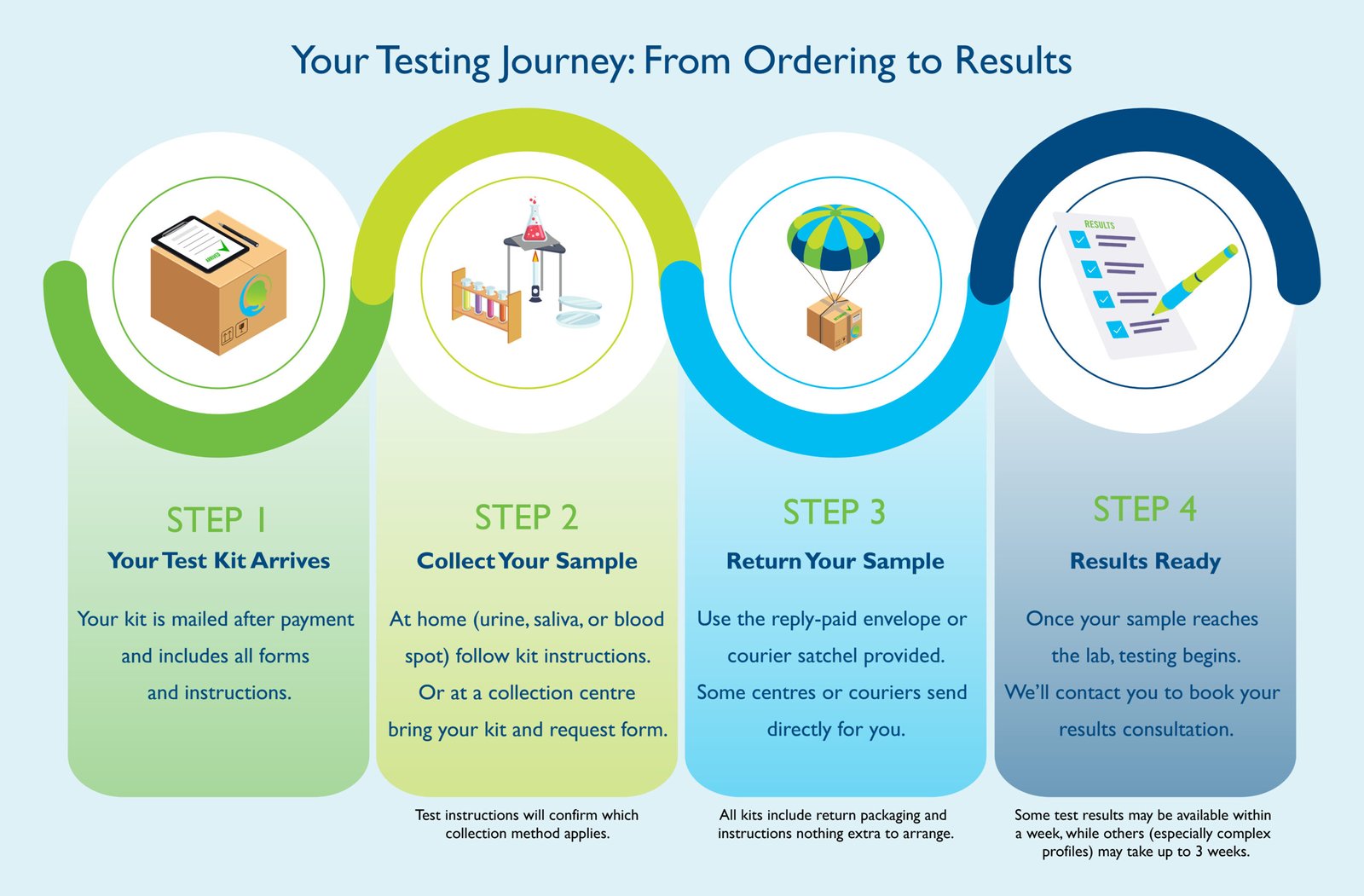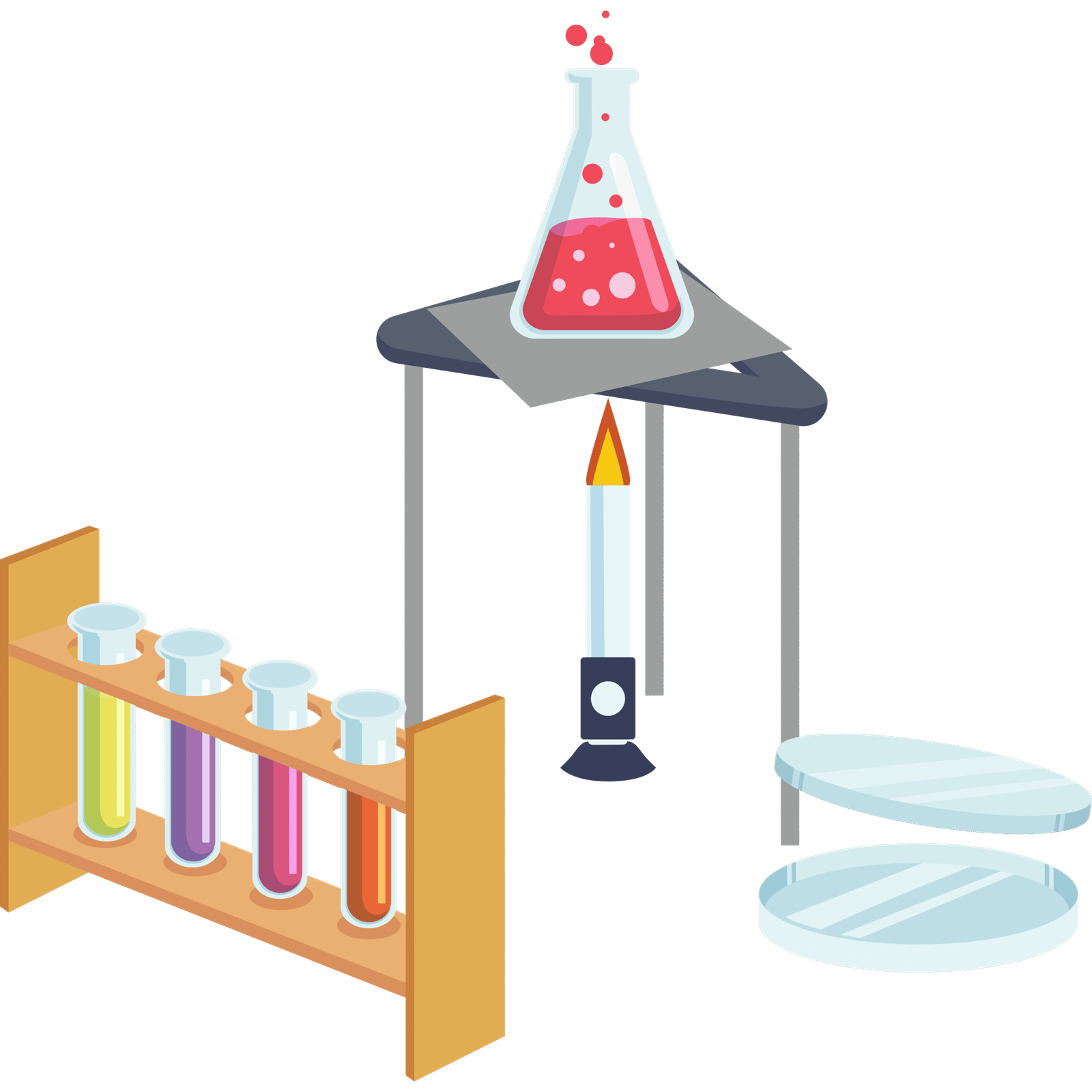Pfeiffer Protocol Testing: Functional Psychiatry's Foundational Lab Panel
Named after Dr. Carl Pfeiffer—a pioneer in nutrient-based psychiatry—the Pfeiffer Protocol offers a foundational lens into your biochemistry. Originally developed by the Pfeiffer Treatment Center in the U.S., this test was the first of its kind to connect nutrient imbalances to mental health biotypes such as undermethylation, pyrrole disorder, copper toxicity, and histamine imbalance.
This isn’t your average blood test—it’s the one most psychiatrists still don’t order, but should.
At BalanSoul, the Pfeiffer Protocol is a non-negotiable assessment in your mental health workup. It identifies core biochemical imbalances in Zinc, Copper, and Whole Blood Histamine — markers that drive methylation efficiency, oxidative stress, and neurotransmitter balance. Without this test, we risk missing the root causes behind treatment-resistant symptoms.
Not sure where this fits? See our Pathology Testing Packages & Pathways to choose your starting point → /pathology-testing-packages.

Without understanding your methylation status (including histamine and homocysteine levels), zinc and copper balance, free copper index, and key nutrient cofactors like Vitamin D, we risk missing the biochemical factors that underpin mood, cognition, and emotional resilience.
This panel forms the biochemical backbone of the Walsh Protocol, providing data we need to craft targeted and personalised treatment strategies. It assesses:
- Whole Blood Histamine, which indicates whether you are undermethylated (often linked to perfectionism and OCD traits) or overmethylated (associated with anxiety, chemical sensitivities, and emotional volatility).
- Zinc and Copper levels, essential for neurotransmitter balance—zinc being critical for serotonin synthesis and antioxidant defense, while copper influences dopamine and norepinephrine activity. An imbalance here can result in mood swings, irritability, and cognitive disturbances.
- Free Copper Index & Ceruloplasmin ratios, which reveal how much copper is biologically active in the bloodstream versus safely bound, a key factor in copper overload presentations.
- Vitamin D, not just for bone health but as a cofactor in activating enzymes like Tryptophan Hydroxylase and Tyrosine Hydroxylase, essential for serotonin and dopamine synthesis.
- Homocysteine, a methylation marker that reflects your body’s ability to recycle folate and B12. Elevated homocysteine is associated with increased risk of depression, anxiety, cognitive decline, and cardiovascular dysfunction.
💡 While foundational treatment can begin immediately, the Pfeiffer Protocol results allow us to fine-tune your care with precision—ensuring that every intervention is aligned with your unique biochemical profile.


Your Testing Journey: From Ordering to Results

STEP 1

STEP 2

STEP 3

STEP 4
Each biomarker in this panel is clinically relevant for mood, cognition, and neurological balance.
Marker | Purpose |
Plasma Zinc | Co-factor in neurotransmitter production & immune regulation |
Serum Copper | Linked to dopamine/norepinephrine imbalances |
Ceruloplasmin | Helps determine bioavailable copper vs stored copper |
Histamine (Whole Blood) | Marker for methylation status (undermethylation or overmethylation) |
Homocysteine | Reflects methylation and cardiovascular risk |
Vitamin D (25-OH) | Included because many GP panels omit this critical mood-related nutrient |
🧠 These markers form the biochemical backbone of the Walsh mental health biotypes.
- Blood test request form
- Pre-labelled sample tubes
- Courier bag & express return envelope
- Collection instructions
- Requisition sheet for the pathology centre
“No refrigeration or special equipment needed—just bring the kit to your nearest collection centre.”
1️⃣ Preparation Before Collection
- 🕒Fasting is required: You must fast overnight (8–12 hours) before your blood collection. Water is permitted.
- 🥤Stay hydrated with water the evening before to assist with venous blood draw.
- 🚫Avoid taking any zinc, copper, or B-vitamin supplements on the day of collection unless advised otherwise by your practitioner.
2️⃣ Booking Your Collection
- 📅Schedule an appointment at a standard pathology collection centre.
- 📝Bring the requisition form provided in your Pfeiffer Protocol test kit. The lab will need this for processing.
3️⃣ 🩸 Blood Sample Collection
- A trained phlebotomist will collect a small blood sample via venous blood draw.
- Blood will be collected into:
- Plasma Zinc & Serum Copper Tubes (serum separator tubes, SST)
- Whole Blood Histamine Tube (EDTA, purple top tube)
- The lab will centrifuge the serum tubes to separate the sample as per standard protocols.
4️⃣ Sample Handling & Stability
- ❄️Samples must be kept cool using cold chain handling.
- 🧊Ensure the samples are placed in a chilled transport pack with an ice brick.
- 📝All sample tubes must be correctly labelled with your full name, date of birth, collection date, and time.
5️⃣ Completing the Requisition Form
- 📝Ensure all fields on the requisition form are completed accurately.
- The practitioner’s name and contact details must be included.
6️⃣ ✉️ Shipping the Sample
- Place the labelled tubes and requisition form into the provided courier satchel.
- 📦Ship via overnight express courier or express post on a Monday or Tuesday only.
- 🚫Do not post samples later in the week to avoid weekend transit delays.
💡 Important Collection Facts:
- Fasting ensures accurate zinc and copper levels.
- Blood histamine requires special handling—ensure lab staff are aware it’s part of the panel.
- Proper labelling is essential to prevent sample rejection.
- Cold chain maintenance is critical for sample stability.
- Inform the pathology centre beforehand that this is a “Pfeiffer Panel” test, as it may require specific processing protocols.
⚠️ Common Mistakes to Avoid:
- ❌Forgetting to fast overnight.
- ❌Taking supplements (zinc, copper, B6) prior to collection.
- ❌Incomplete or illegible requisition forms.
- ❌Not informing lab staff about whole blood histamine requirements.
- ❌Delaying postage beyond Tuesday.
💡 “Precision testing is how we discover the biochemical roots of emotional and cognitive struggles. This panel is where that process begin”
Book your Appointment
15-MINUTE FREE DISCOVERY CALL Confused about testing? Talk to me first.
I’m the practitioner behind BalanSoul. In 15 minutes we’ll map your best next step what to test (and what not to), likely costs/timing, and how it links to your mental health goals.




